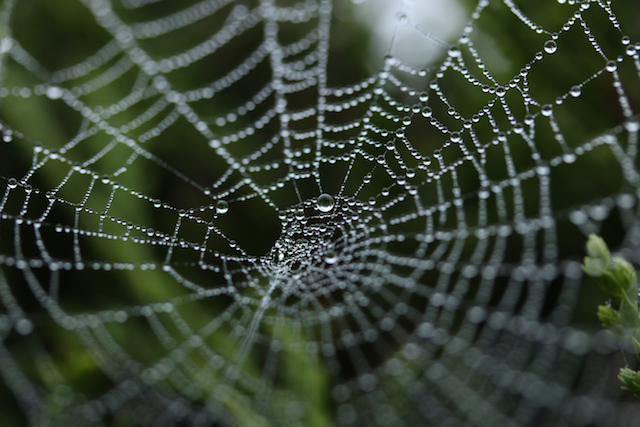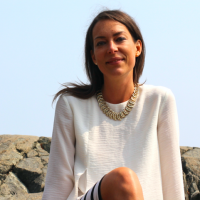True love is not about a person.
No, real love is something much bigger and broader then we could ever attach to one single individual—at least that is how a Buddhist would see it.
Everything in our experience is interconnected. The ocean is connected to the shore. The sky is connected to the clouds. The rain is connected to the rivers. This belief in Buddhism is what we call interdependence, and it also means that as humans we are always connected to love.
We can get so upset and startled when we go through loss. At least I often do. It hits me right in the gut and becomes a visceral experience of attempting to peer through the fog of stories I make up with my mind. The stories that state how hard it will be without them, or that I couldn’t possibly start over again, or that I will be lost now and forever broken.
However, true love resides beneath our stories about it, even the ones we have about the other people we find so dear.
When we practice meditation, we want to see through the illusions we create about life. We desire to get to know the essence of things underneath the fables we have told.
Romantic love is often a creation of our minds as it is attached to permanence—this one person and ourselves staying a certain way, together. However, when we practice mindful observation we see that something else is going on with the big L-word. We comprehend that it must be understood in a grander context.
What if love is entirely different then we imagine? What if it has nothing to do with commitments and boxes and houses and rings and pledges and promises? What if it simply just is—an energy that sits at the center of the core of everything, and a fluid stream of particles that surrounds us all of the time?
There is no savior complex in Buddhism, which is what we often believe love is. We think the presence of it, shared with another, will or does make everything okay. We believe love in a relationship will heal our world and make us content. Often, because of this, we are left disappointed and heartbroken, because it does not do this—at least not in a lasting way.
What Buddhists believe instead is that our own ability to be here now, is what will awaken us and our hearts. It is in our bravery to fully feel this moment that we will find lasting love, not in our projection of the future or of another person.
What if we could see love like the air? Would we be so precious with it then? Would we think like we do, that there was a limited amount of it? Would we think like we do that we must covet it, or that we had all of a sudden lost it or ever could? Would we still be so fixed that is was associated with a person, a place, or a thing?
No, I don’t think so. We would understand love like a Buddhist and just breathe. We would inhale love with each breath and we would exhale it back out into the world again. We would do this continually. We would trust that love is everywhere. We would know then that love is not about another person.
If we could see love through this big lens and understand it like we understand air, we wouldn’t have the impoverished complex that we do—that love is something rare to be clung to. Rather, it would be something constant that we experience and touch always. Love would be as regular as breathing in and out.
I think love is this. I think love is ceaselessly present.
When we comprehend love this way, we can stop clinging to others. We can release the pressure of thinking that another could make our experience better. In Buddhism, we understand that we are the only ones who can release ourselves from suffering. Knowing we have continual access to a bigger love can do this for us.
Thinking that love can become absent as it is connected to people, is an idea in our minds. In Buddhism we drop beneath that. We hold space for the presence that everything in this moment is here to support us. We understand there is something that can never be lost—and that’s true love.
True love never leaves.
True love is absolute.
~
Author: Sarah Norrad
Image: Michael Podger/Unsplash
Editor: Leah Sugerman









Read 1 comment and reply